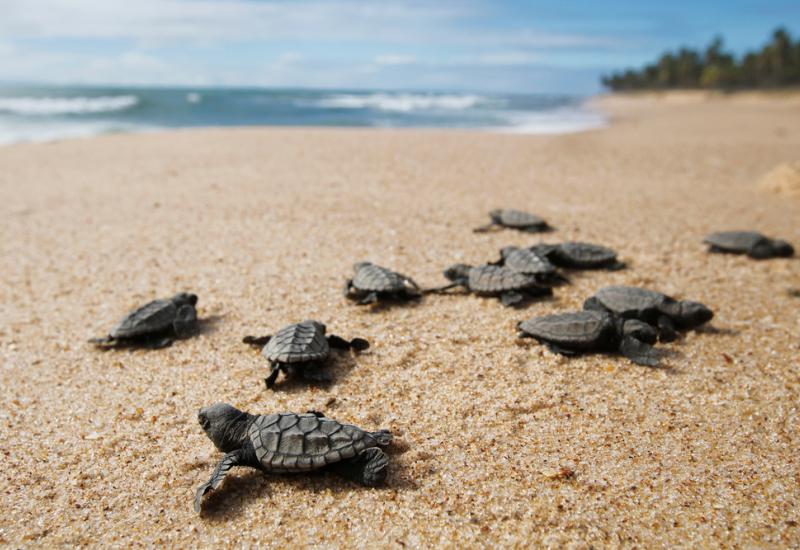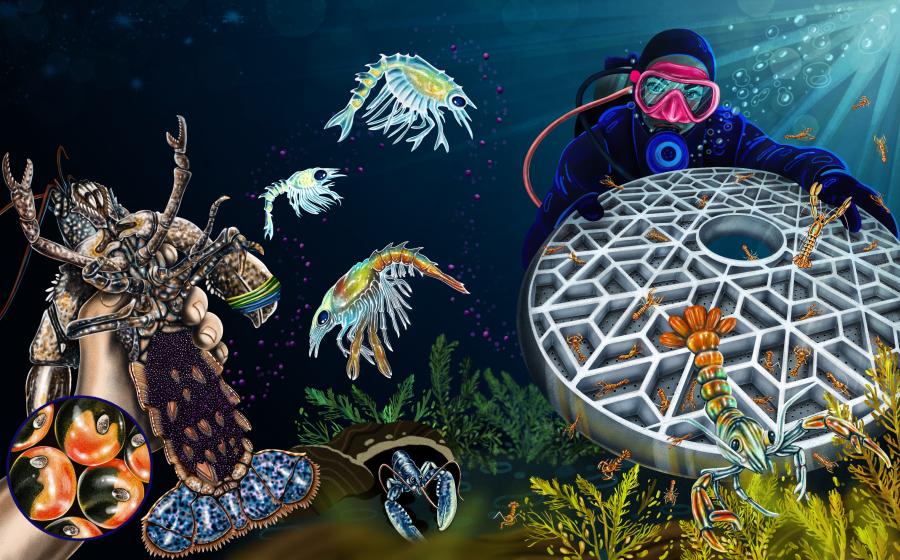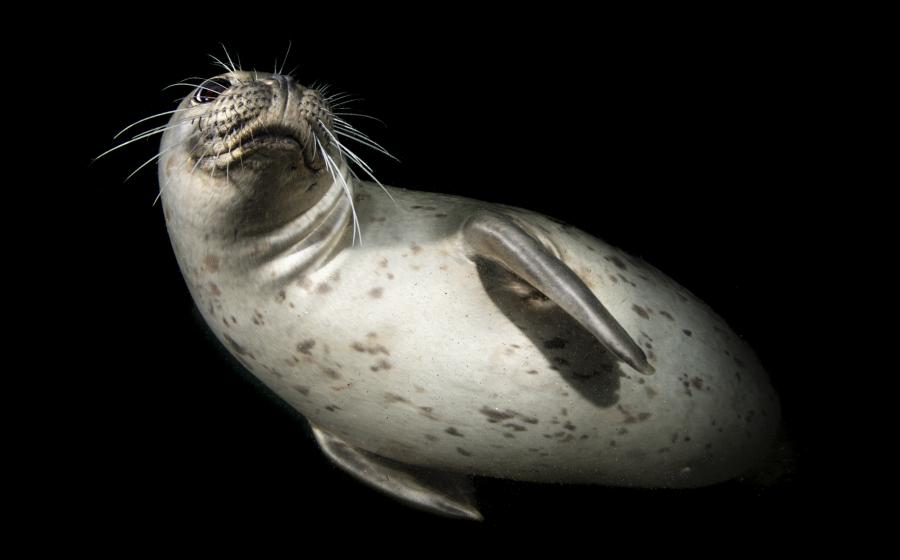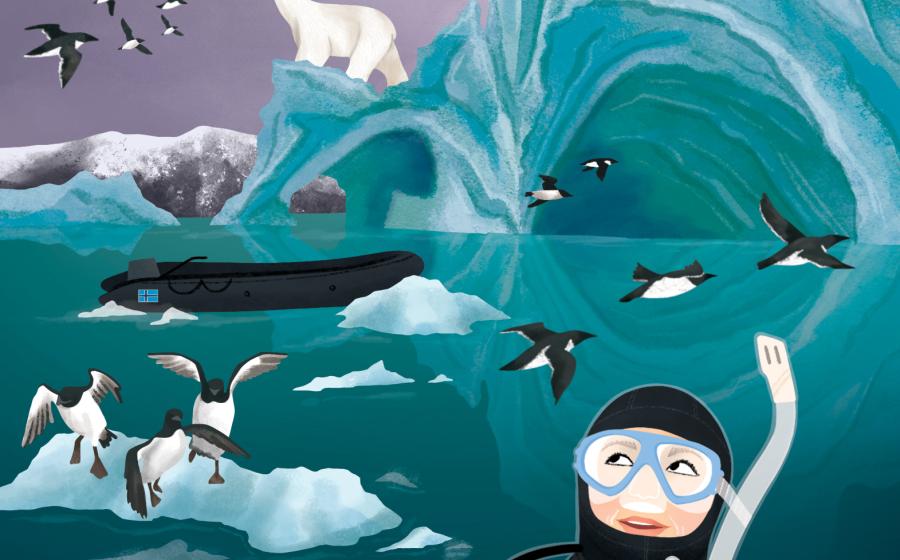Do Shark Feeding Dives Impact Other Fish?
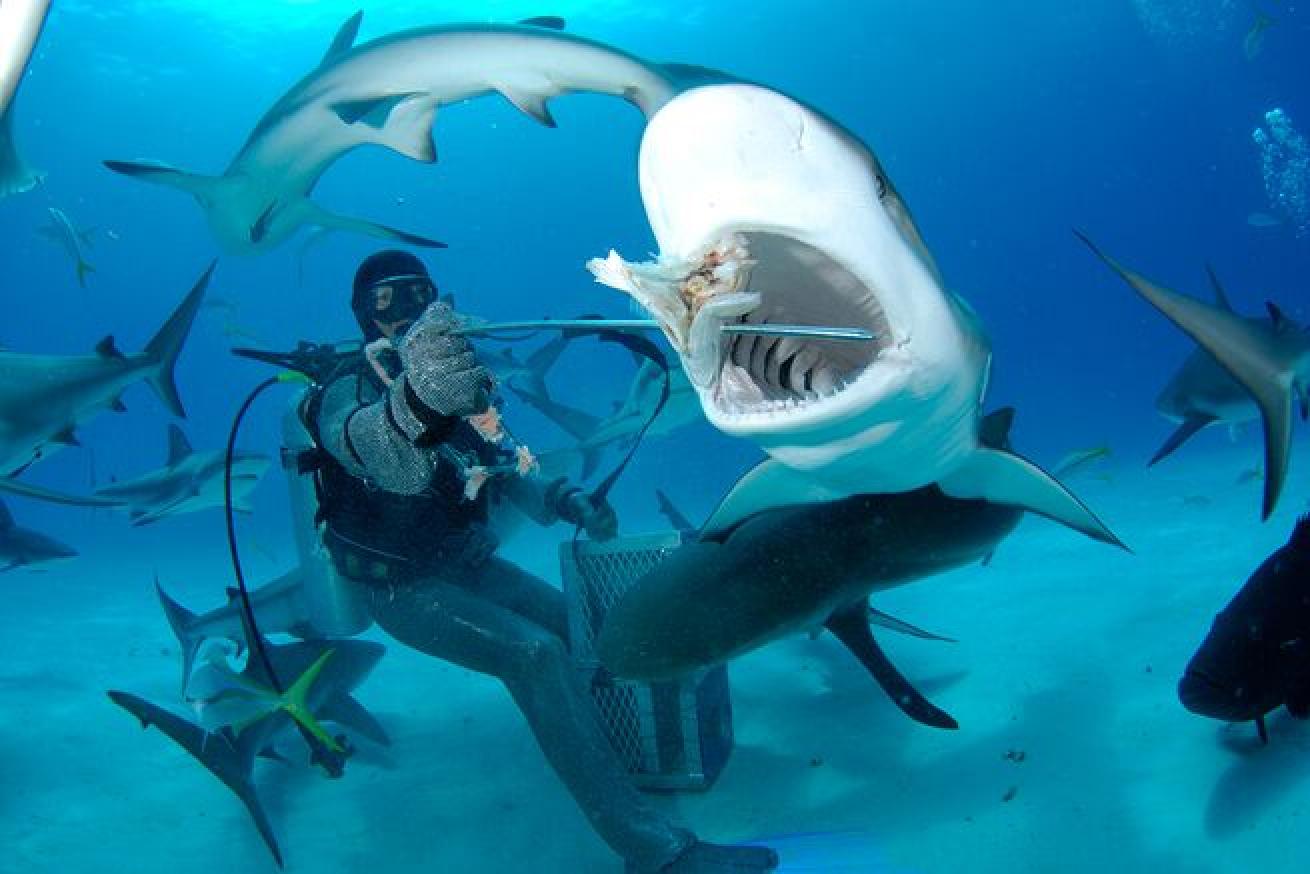
Shutterstock.com/Rich CareyThe impact shark feeding has on other fish has not been extensively studied.
Question: "What does shark feeding scuba diving tourism do to other fish in the area?" — Mia V, age 11, North Carolina
Answer: Great question! The short answer is that we don’t know very much about this; while the impacts shark feeding has on sharks have been relatively well studied, few scientists to date have looked at what it means for other residents of the ecosystem.
When it come the sharks specifically, there are harmful practices associated with shark feeding scuba diving tourism, but feeding sharks to attract them so divers are guaranteed a close encounter can be done in ways that have minimal impacts on the shark’s behavior and health.
Related Reading: 6 Animal Encounters to Add to Your Bucket List
There are potentially a few ways that using food to attract a higher-than-normal number of sharks to an area can affect other fish that live nearby. For one thing, it means there’s a lot more food in the area, and sharks don’t eat all the food—they’re often quite messy eaters, which is part of why animals like pilotfish tend to follow sharks around. This leaves leftovers fish can eat. (This has been recorded happening even for fish species that supposedly don’t normally prey on fish.)
“The places we looked at had amazing levels of biodiversity, while obviously there were tons of sharks, the waters were rich with other fish, too,” Dr. Joshua Drew, a professor of conservation biology at SUNY ESF who has worked on these issues, told me. “One of the most striking things about these dives were the large numbers of species, other than sharks, that were getting free food from the shark divers. We found that over half the species that were taking free food weren't even things that normally eat fish, including such 'herbivorous' fish as tangs and bristletooths. All this goes to show that in nature a free lunch is sometimes too good to pass up!”
Is that good for other fish because it means they don’t have to work as hard to find food? Is it bad for other fish because their digestive systems are better adapted to eating other species? Is it good for the normal prey of other fish, because now the other fish are full from shark diving scraps and don’t hunt their normal prey anymore? We don’t know (yet), and these basic follow up questions show that this stuff is complicated!
Shark feeding dive tourism also means there are more sharks in an area than usual! If you were a small snapper that’s on the menu for a reef shark, and you saw dozens of sharks swimming around your little corner of the ocean, you might think twice about leaving your hiding spot among the coral that morning. Since many shark feeding tourism operations repeatedly use the same sites, this might mean that those sites have a variety of ecosystem services that just aren’t happening anymore, such as those normally provided by small snappers that are now hiding or have moved to a new home. Indeed, fewer fish are seen in parts of the reef where shark feeding usually happens than on other, otherwise-identical parts of the reef.
Related Reading: The Future of Diving With Great White Sharks
So, in sum, feeding sharks can be done in a way that’s safe for humans and minimally disruptive to the sharks, but the presence of extra food and sharks in one location repeatedly may have a variety of effects on other fish that we’re only beginning to understand.
Ask a Marine Biologist is a monthly column where Dr. David Shiffman answers your questions about the underwater world. Topics are chosen from reader-submitted queries as well as data from common internet searches. If you have a question you’d like answered in a future Ask a Marine Biologist column, or if you have a question about the answer given in this column, email Shiffman at [email protected] with subject line “Ask a marine biologist.”

Courtesy David ShiffmanDavid Shiffman
Dr. David Shiffman is a marine conservation biologist specializing in the ecology and conservation of sharks. An award-winning public science educator, David has spoken to thousands of people around the world about marine biology and conservation and has bylines with the Washington Post, Scientific American, New Scientist, Gizmodo and more. Follow him on Twitter, Facebook and Instagram, where he’s always happy to answer any questions about sharks.
The views expressed in this article are those of David Shiffman, and not necessarily the views Scuba Diving magazine.


